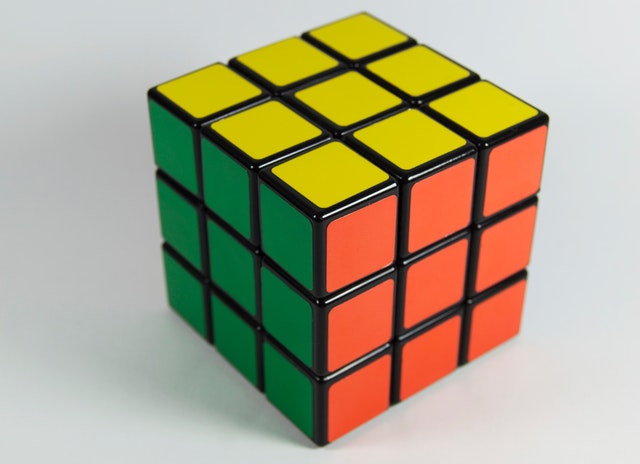Mental activity is an important way to develop a stronger, healthier brain through the building of Brain Reserve
Brain Reserve relates to the brain’s ability to physically reorganize itself in response to the demands placed upon it. A brain with a strong Reserve is one that has formed many cellular connections and is rich in brain cell density.

A strong reserve is generally believed to have the ability to delay the onset of mental deterioration, such as Alzheimer’s Disease (AD).
Simply put, neurodegenerative diseases must work longer and harder to manifest in a brain that has built up strong reserves.
In 2006, the ACTIVE Study, funded by the National Institute of Health, demonstrated that older adults could improve their brain abilities with the correct training. Certain mental exercises can partially offset the expected decline in older adults’ thinking skills and show promise for maintaining cognitive abilities needed to do everyday tasks. Some of the gains from training were seen to be beneficial 5 years later.
The Bronx Aging Study, published in the New England Journal of Medicine, followed almost 500 people for more than 20 years. The research found that people who participated in mentally stimulating activities, such as interactive games and other leisure activities multiple times a week had a 65-75% better probability of remaining sharp than those who did not participate in these activities.
Another well-known study is the Nun Study. Scientists followed 700 nuns for more than 20 years. An interesting finding was that certain types of intellectual activity and stimulation could protect against many types of cognitive decline.
A study from Columbia University supports the concept of brain reserve and that education, occupation, and stimulating leisure activities all reduce the potential risk of developing a brain disease.



